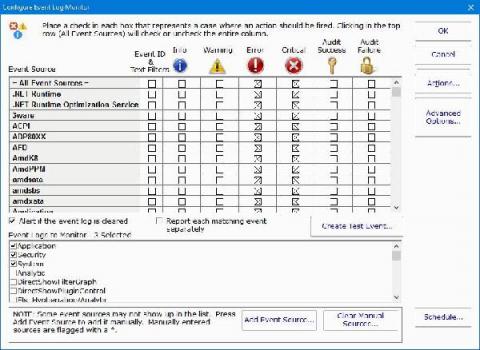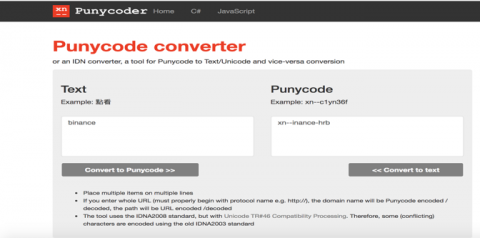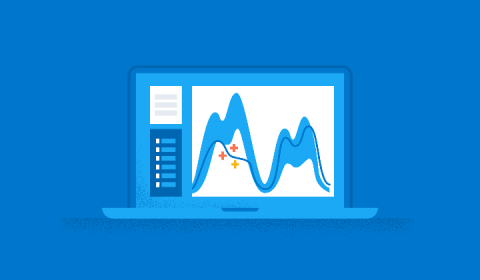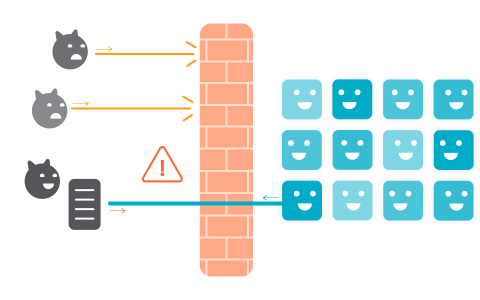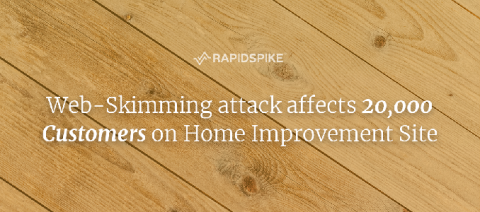Operations | Monitoring | ITSM | DevOps | Cloud
Cyberattacks
5 tips to avoid cyberattacks on EdTech platforms
As the COVID-19 pandemic rages on, many educational institutions have been forced to shift their on-campus classes to online classes. Various EdTech platforms have also launched free classes that have prompted students to try their hands on digital education. With more students turning to online learning than ever, these platforms have emerged as a lucrative target for cybercriminals.
Fitness Websites Under Attack by Magecart
Our sources state that there has been a 20% increase in web-skimming attacks since the outbreak of the COVID-19 virus. Recently, we have witnessed some high-profile Magecart attacks on websites which have gained popularity during the pandemic, including fitness-based websites. The latest fitness-based website attack reported is YogaFit, who were compromised for over 6 weeks.
Data Loss Prevention and Security Basics You Need to Know
Cyberattacks are the “buzz word” that you hear when a company’s data has been breached. Sometimes the breach results in data being released on the internet. Other times, the hacker holds the data ransom in exchange for a large monetary payout. Data loss prevention and protection should be at the top of your list. Your data, after all, should be considered one of your most valuable business assets.
NEW Magecart Attacks Affect U.S. City Governments
The COVID-19 virus epidemic has seen a 23% rise in visitors to UK independent ecommerce sites. On a global scale, many companies have transitioned to fully ecommerce-based business practices and are seeing an increase in online shoppers. This paradigm shift in business continuity means websites are increasingly vulnerable to being attacked.
Domain Hijacking Impersonation Campaigns
Machine learning in cybersecurity: Training supervised models to detect DGA activity
How annoying is it when you get a telemarketing call from a random phone number? Even if you block it, it won’t make a difference because the next one will be from a brand new number. Cyber attackers employ the same dirty tricks. Using domain generated algorithms (DGAs), malware creators change the source of their command and control infrastructure, evading detection and frustrating security analysts trying to block their activity.
The Malicious Gocgle Campaign Targeting Customers' Payment Details
The COVID-19 virus epidemic has seen a 23% rise in visitors to UK independent ecommerce sites. On a global scale, many companies have transitioned to fully ecommerce-based business practices and are seeing an increase in online shoppers. This paradigm shift in business continuity means websites are increasingly vulnerable to being attacked.
Detect reverse shell with Falco and Sysdig Secure
Reverse shell is a way that attackers gain access to a victim’s system. In this article, you’ll learn how this attack works and how you can detect it using Falco, a CNCF project, as well as Sysdig Secure. Sometimes, an application vulnerability can be exploited in a way that allows an attacker to establish a reverse shell connection, which grants them interactive access to the system.
Web-Skimming attack affects 20,000 Customers on Home Improvement Site
The COVID-19 virus epidemic has seen a 23% rise in visitors to UK independent ecommerce sites. On a global scale, many companies have transitioned to fully ecommerce-based business practice and are seeing an increase in online shoppers. This paradigm shift in business continuity means websites are increasingly vulnerable to being attacked.





